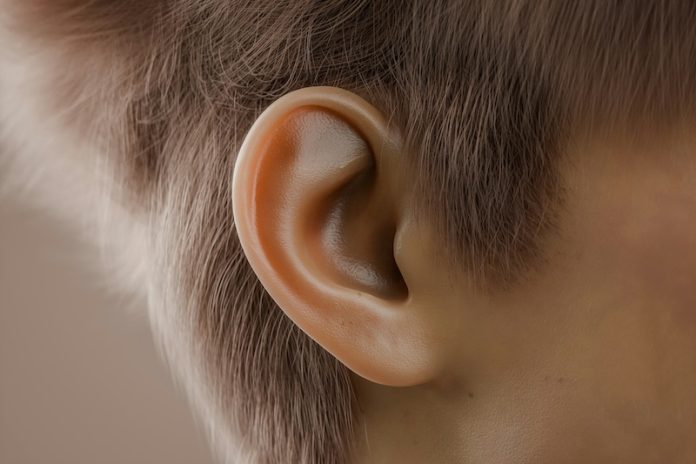
Tinnitus is the name for the strange sounds some people hear in their ears even when there is no outside noise. It’s often described as ringing, but it can also sound like buzzing, hissing, whistling, or clicking. These sounds might be soft or loud, constant or come and go.
Tinnitus affects millions of people around the world, especially older adults. But what causes it? Scientists have found several common reasons, and we’ll explain them here in simple terms.
One of the most common causes of tinnitus is loud noise. If you work in a noisy place like a factory, construction site, or airport, or if you often go to loud concerts or listen to music with high volume, your ears can be harmed over time. Inside your ears are tiny hair-like cells that help send sound signals to your brain.
Loud noise can damage these cells, and once they’re damaged, they might send mixed-up signals. Your brain may interpret those signals as ringing or buzzing — that’s tinnitus. Studies have shown that wearing ear protection and avoiding loud noise can help prevent this from happening.
Another big factor is aging. As people get older, the part of the ear that helps with hearing, called the cochlea, can wear out. This is normal, but it can also damage those same tiny hair cells. Many older adults with hearing loss also experience tinnitus. In fact, age-related hearing loss is one of the top reasons people get tinnitus.
Certain health problems can also lead to tinnitus. If your blood isn’t flowing properly, especially to the ears, it can cause strange sounds. This can happen with conditions like high blood pressure, blocked arteries, or even diabetes.
Your ears need good blood flow to function properly. Thyroid issues and brain or nerve disorders like multiple sclerosis may also play a role. Recent studies suggest that keeping these health conditions under control may help reduce the symptoms of tinnitus.
Some medications can cause or worsen tinnitus. For example, high doses of aspirin, some antibiotics, anti-inflammatory drugs, and even antidepressants can sometimes have this side effect. The risk often increases with higher doses or long-term use.
If you notice ringing in your ears after starting a new medicine, it’s important to speak to your doctor. They may be able to adjust your treatment or offer a safer option.
A simpler cause of tinnitus can be too much earwax. When earwax builds up and blocks the ear canal, it can cause pressure or hearing changes, which might lead to tinnitus. Cleaning your ears gently and regularly (without sticking anything deep inside) can help prevent this issue.
Stress and anxiety don’t directly cause tinnitus, but they can make it feel worse. When you’re stressed, your body becomes more sensitive to discomfort — including the ringing or buzzing in your ears. Studies show that managing stress through relaxation exercises, meditation, or even talking to a therapist can help reduce how annoying the sounds feel.
In some cases, the cause of tinnitus is unclear. Scientists are still trying to understand why some people develop tinnitus when no clear reason can be found. However, recent research has made progress in studying how the brain handles sound. This could help lead to better treatments in the future.
Even though tinnitus can be frustrating, understanding what might cause it is the first step in managing it. Avoiding loud noise, keeping your ears clean, managing stress, checking your medications, and treating other health problems can all help. If you experience tinnitus that doesn’t go away or gets worse, it’s important to see a healthcare provider.
In short, tinnitus has many possible causes — and knowing them can help you take steps to feel better. While there may not always be a quick fix, with the right approach, you can reduce its impact and improve your quality of life.
If you care about hearing health, please read studies about antibiotic drug that can lead to hearing loss, and whether you should get an hearing aid or see a specialist.
For more health information, please read studies about how the Mediterranean diet could protect your brain health, and these antioxidants could help reduce dementia risk.
Copyright © 2025 Knowridge Science Report. All rights reserved.



